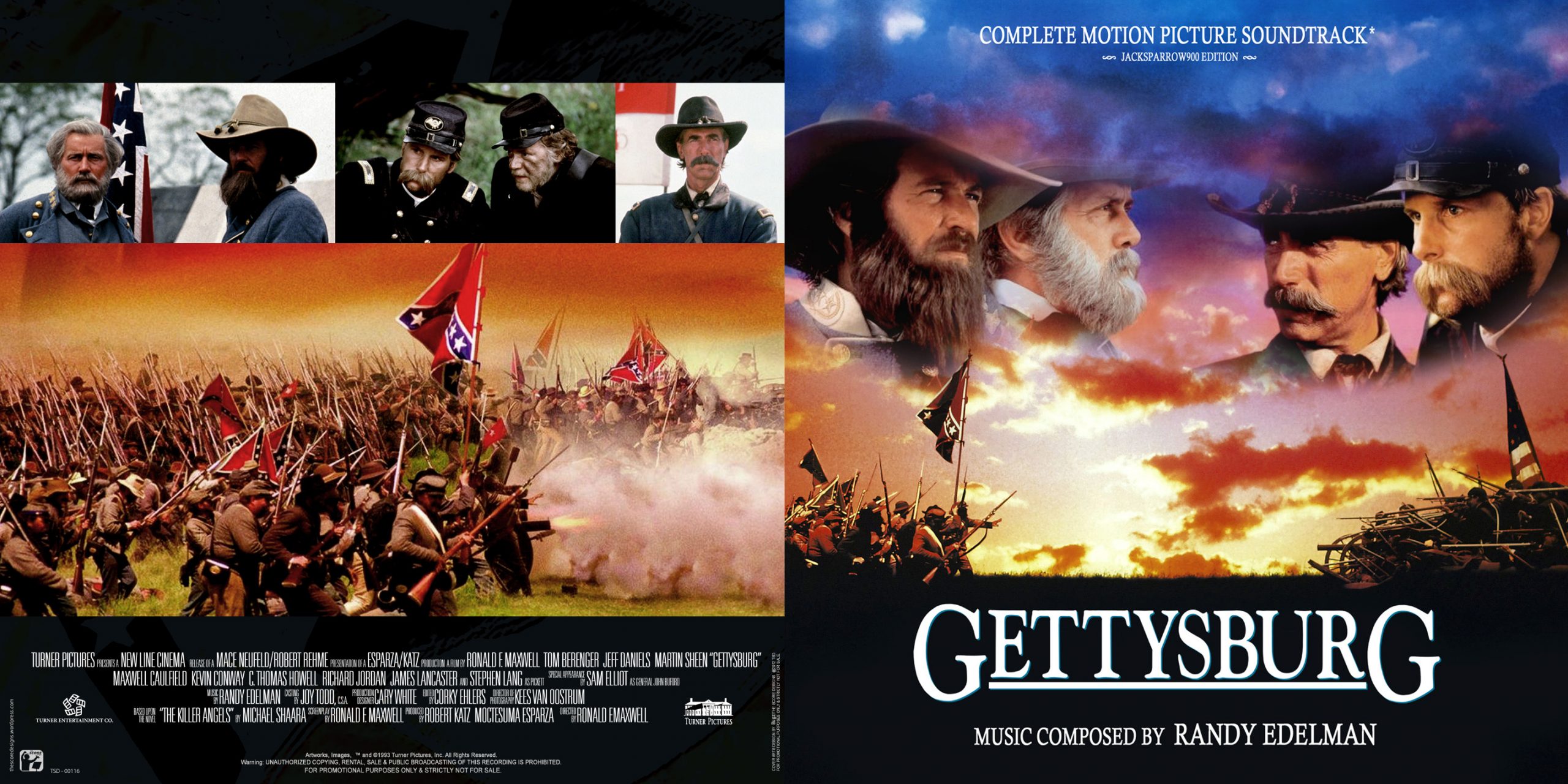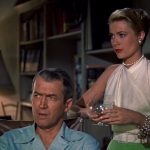GETTYSBURG

“Gettysburg,” released in 1993 and directed by Ronald F. Maxwell, is a historical war film based on Michael Shaara’s novel “The Killer Angels.” Set during the American Civil War, the movie vividly portrays the Battle of Gettysburg, a pivotal event that took place in July 1863. Here’s a detailed review of the film:
Plot and Historical Accuracy
“Gettysburg” meticulously recreates the events leading up to and during the three-day battle at Gettysburg, Pennsylvania. It focuses on key figures from both the Union and Confederate armies, including General Robert E. Lee (played by Martin Sheen), General James Longstreet (Tom Berenger), Colonel Joshua Lawrence Chamberlain (Jeff Daniels), and others. The film captures the complexities of military strategy, personal courage, and the human cost of war.
Cinematic Presentation
The film is renowned for its sweeping cinematography and large-scale battle sequences. Director Ronald F. Maxwell and his team utilized thousands of Civil War reenactors to accurately depict the scale and intensity of combat during that era. The attention to historical detail, including period-accurate uniforms, weapons, and tactics, adds authenticity to the film’s portrayal of the Civil War.
Character Development
“Gettysburg” delves into the personal struggles and motivations of its characters, both leaders and soldiers. It humanizes historical figures and explores their conflicting emotions and decisions during the chaos of battle. This approach allows viewers to empathize with the individuals caught up in the larger sweep of history.
Themes Explored
Beyond the military engagements, “Gettysburg” explores themes of honor, duty, sacrifice, and the moral dilemmas faced by soldiers and commanders on both sides of the conflict. The film highlights the broader implications of the Civil War on American society and the profound impact it had on shaping the nation’s future.
Critical Reception
Upon its release, “Gettysburg” received generally positive reviews for its ambitious scope, historical accuracy, and strong performances. Critics praised its detailed depiction of the battle and the thoughtful exploration of its characters. The film’s dedication to authenticity and its respectful treatment of historical events earned it a place as one of the definitive cinematic portrayals of the American Civil War.
Legacy
“Gettysburg” has endured as a classic in the genre of historical war dramas. It continues to be studied for its depiction of military tactics, leadership dynamics, and the human stories behind the conflict. The film’s success led to a prequel titled “Gods and Generals” (2003), which further explores the events leading up to the Civil War.
In conclusion, “Gettysburg” stands out not only for its epic scale and historical fidelity but also for its ability to engage viewers with its powerful storytelling and nuanced portrayal of a pivotal moment in American history. Whether you are a history enthusiast or a fan of war films, “Gettysburg” remains a compelling and educational cinematic experience.











